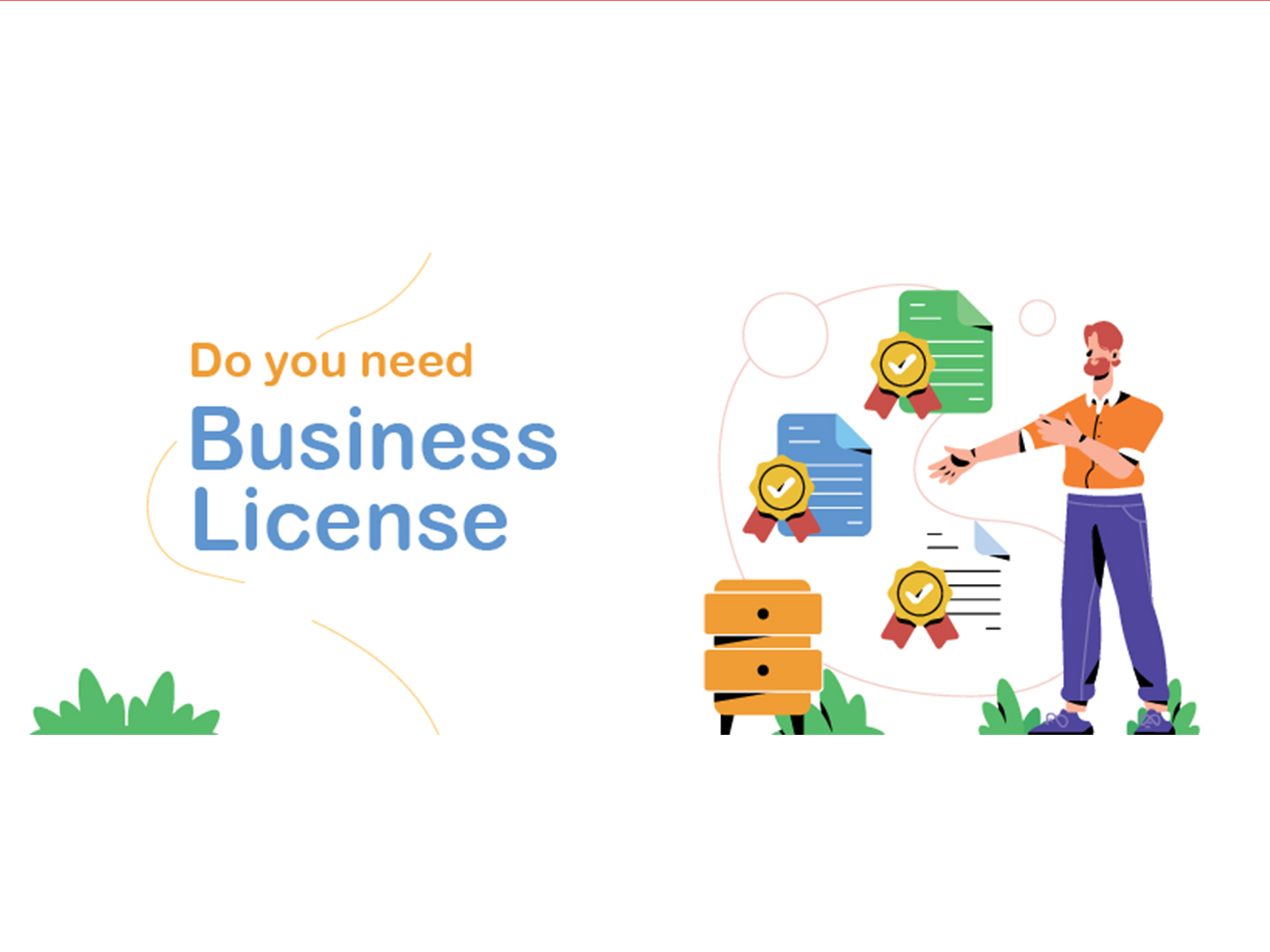In the realm of entrepreneurship, obtaining a business license is a pivotal step towards legal compliance and operational legitimacy. Whether you’re launching a small-scale venture or a larger enterprise, understanding the intricacies of business licensing is essential. This article serves as a comprehensive guide, shedding light on the nuances of various licenses, permits, and the pivotal question: do you need them?
Decoding Business Licenses
A business license is not just a piece of paper; it’s your legal stamp of approval to conduct specific business activities within a designated location. The regulatory landscape varies from the federal to the local level, and compliance is crucial for avoiding legal complications.
In addition to a business license, permits may be required for businesses impacting public health, such as those in the food or personal services industries. Securing these permits may involve straightforward applications or, in certain cases, necessitate passing qualifying tests.
The Business License Journey
Let’s illustrate the business license journey with an example. Imagine planning to open a restaurant and bar on Main Street in California. Before serving the first customer, you’ll need an employer identification number (EIN) and state registration. The list of required licenses and permits includes:
- Alcohol license from the state of California
- Various food certifications for handlers and bartenders
- Local business license
- State tax permit
- Health permit from the county
- Fire permit to ensure compliance with safety codes
The types of licenses vary, ranging from basic business licenses for small, in-home operations to specialized licenses for businesses with broader scopes, such as those dealing with alcohol, firearms, or specific services requiring training.
Federal, State, and Local Licensing
Understanding the layers of licensing is crucial. The federal government mandates an employer identification number (EIN), and certain industries, including food preparation, agriculture, and firearms, may require federal licenses. Each state, with its unique set of regulations, demands compliance, making it essential to research state-specific requirements.
Delving further, municipalities within a state may have additional licensing and permitting requirements. Strategic considerations, such as potential cost savings by shifting locations, highlight the importance of meticulous research.
Licensing Based on Expertise
Certain professions require licenses based on state-level tests. Lawyers, doctors, teachers, dentists, and other specialized fields mandate individuals to pass qualifying examinations. This ensures a standard level of expertise and professionalism within these professions.
Navigating the Permit Landscape
Permits, akin to licenses, play a crucial role, often relating to the physical space in which a business operates. Zoning permits, building permits, and health and fire permits are common examples. Depending on the nature of the business, other permits like environmental permits may be necessary.
Do You Need a Business License?
While some sole proprietorships may operate without official licenses, the majority of businesses, including partnerships and limited liability companies (LLCs), require some form of licensing. Freelance writers and graphic designers may be exceptions, but it’s prudent to consult a business lawyer to ensure compliance.
How to Obtain a Business License
The path to obtaining a business license is not one-size-fits-all. However, a general roadmap includes:
- Register Your Business: Determine if your business needs registration, obtain an EIN, and register your business name if operating under a different alias.
- Identify Required Licenses: Research federal, state, and local requirements. Federal licenses may be necessary for specific industries, while state and local licenses ensure compliance with regional regulations.
- Apply for Permits: Based on your business activities, secure the required permits. This may include zoning permits, health permits, or environmental permits.
- Professional Licensing: For certain professions, passing state-level tests is imperative. Ensure your credentials align with the requirements of your location.
FAQs
Why do I need a business license?
- Almost all businesses require a license to operate legally. Operating without proper licenses can lead to fines and legal consequences.
Which states require a business license?
- All states mandate business licenses, with regulations varying. To understand specific requirements, visit your state’s official website or consult the Small Business Administration.
In conclusion, the journey to business licensing is nuanced and multifaceted. Navigating this terrain with a clear understanding of federal, state, and local requirements, coupled with prudent legal counsel, ensures a smooth path towards operational success.
